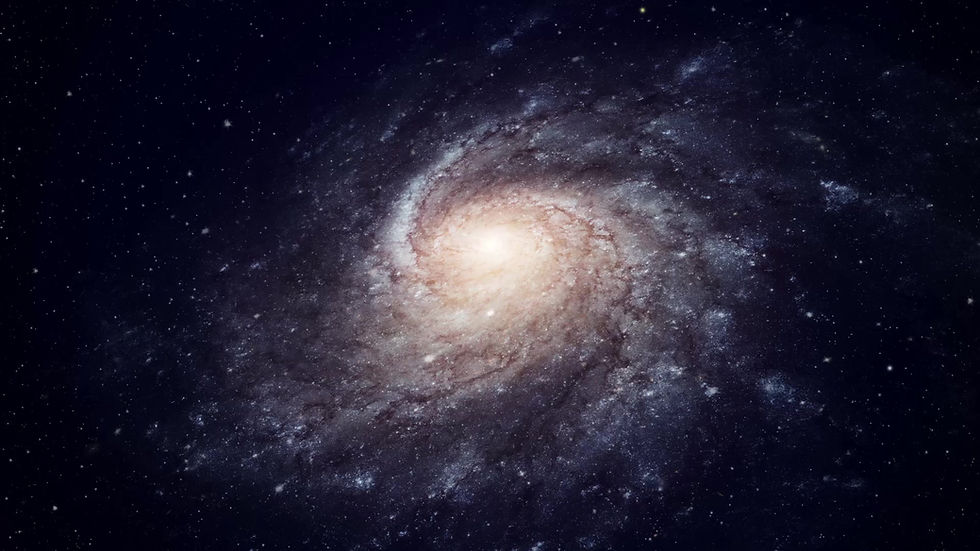What does Bortle mean?
- Kathryn Yelinek

- Jul 14, 2025
- 2 min read
If you’ve read much about stargazing at Cherry Springs State Park, currently the only recognized dark sky park in Pennsylvania, you’ve probably read that is a 2 on the Bortle scale.
Ok, but what does that mean?
The tl;dr version is that Cherry Springs has exceptionally dark skies, the kind you would have found before modern artificial lighting. There’s minimal light pollution. When you visit the park, expect to se the Milky Way in all its glory plus a host of other astronomical sights. But watch your step. It’ll be so dark that you probably won’t be able to see objects on the ground.
Ok, but what does Bortle 2 mean technically?
The Bortle Dark-Sky Scale ranks the darkness of the night sky on a scale from 1 to 9. Bortle 1 means pristine dark skies, devoid of light pollution. These skies are what your ancient ancestors saw when they were devising the constellations and building Stonehenge. Bortle 9 is Times Square on New Year’s Eve. No stars shine overhead. Most of us, especially in more rural Pennsylvania, experience something in between. If you live in a small town, you can probably see the brightest stars overhead. Maybe you can pick out the Big Dipper or Orion. You probably live under a sky that ranks 4-6 on the Bortle scale.
To have the best chance of seeing the northern lights, a meteor shower, the Milky Way, or one of those comets that pop up from time to time, you want to find skies that are as dark as possible. In other words, you want skies with the lowest Bortle number. You can do that by searching a dark sky finder or visiting a certified dark sky location.
That’s all good, but who/what was Bortle?
John E. Bortle is an amateur astronomer known, among other things, for being a comet hunter. He came up with the Bortle scale and published it for the first time in the February 2001 issue of the popular astronomy magazine Sky & Telescope. Since then, it’s become an easy shorthand for astronomy and dark sky buffs to describe how dark the sky is at an observing site.





Comments